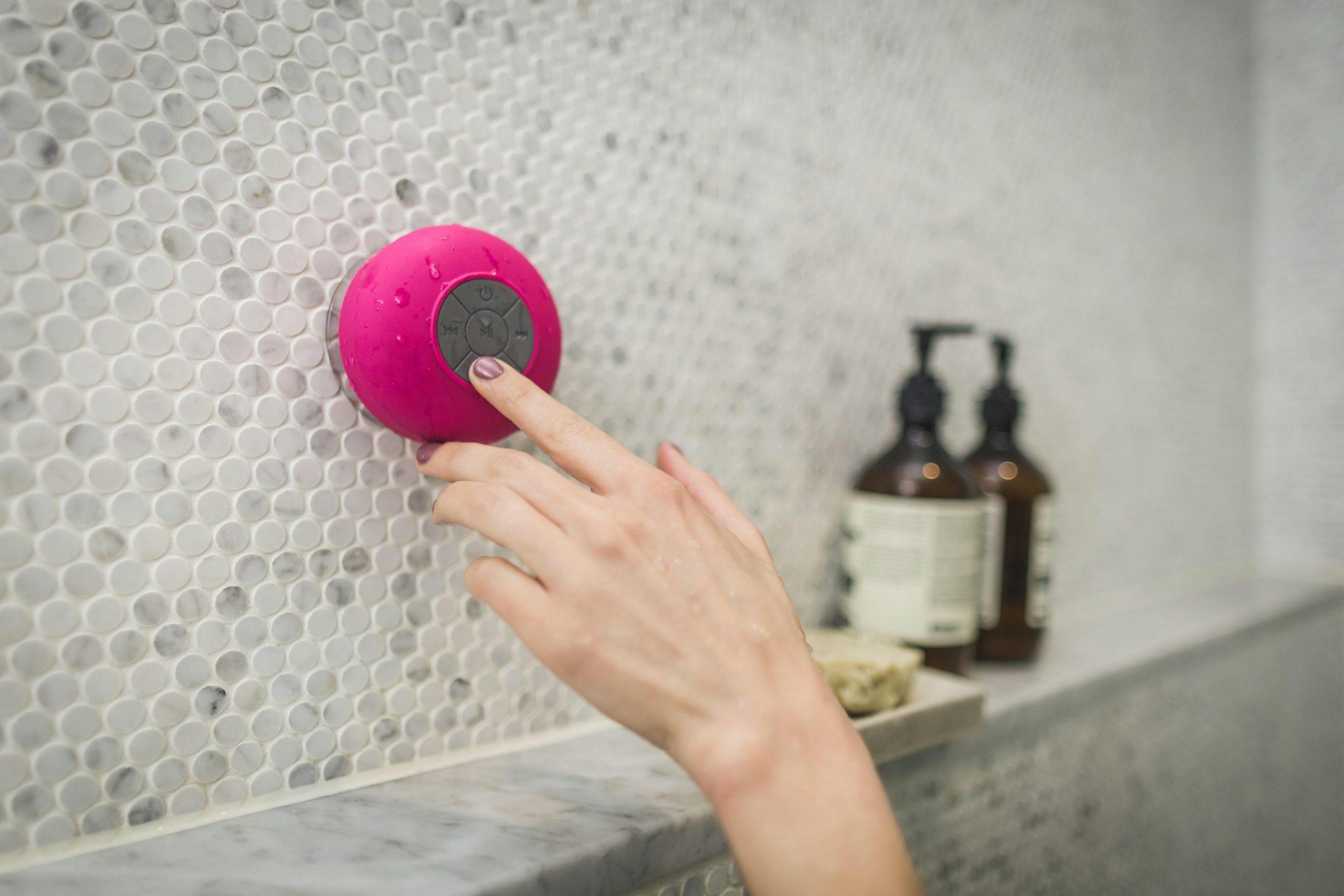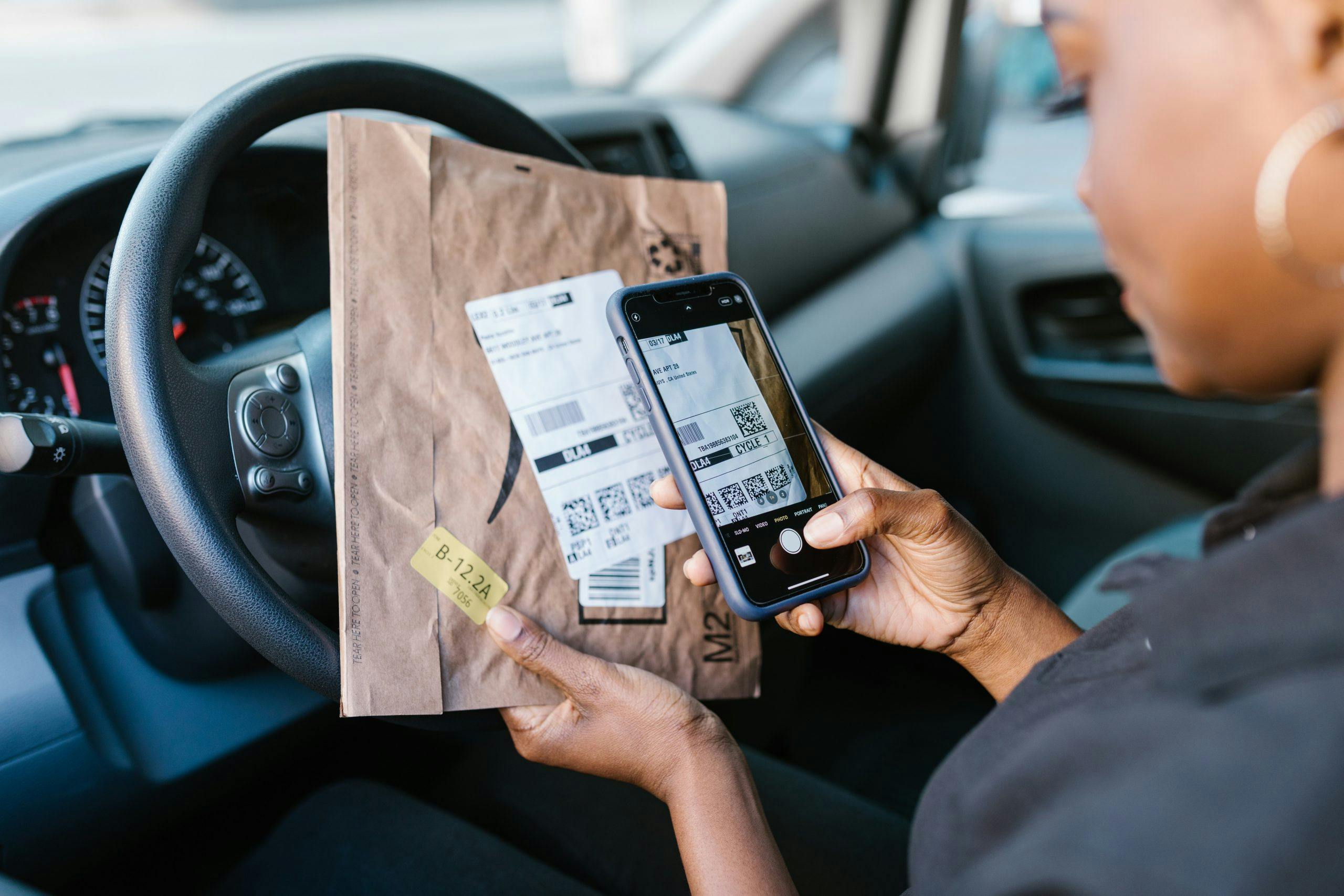Over the past several months, I’ve bought three sets of Bluetooth headsets (each for different purposes), a USB webcam and a ring light for video interviews, a ring light that clips to my phone for quick selfie videos, a fitness tracking watch, and an additional power strip so I can charge all of these products.
Welcome to consumer technology in the age of COVID, where tech gadgets of all kinds became an essential part of the way we lived, worked, learned, entertained and pretty much performed every other activity during 2020.
“Clearly in 2020 technology really stopped being a discretionary spend and became a necessity spend,” says Stephen Baker, Vice President of Industry Analysis, Technology for NPD, who gave an on-demand presentation of consumer technology trends for participants of ECRM’s recent Consumer Technology program. “You spend on the mortgage, and the next thing you are going to spend on is making sure you have an updated technology infrastructure in your home, because that really is the way we lived last year, and how we future-proofed our social, work, education and entertainment interactions going forward.”
Indeed, during my interviews with more than a dozen buyers from a variety of retailers who participated in the program, the “everything-at-home” theme continually recurred as we discussed trends they were seeing among their consumers. Following are some key takeaways from these interviews.
Working and learning learn at home becomes the norm

The fact that I conducted all of these buyer interviews remotely via the ECRM Connect platform, and not in-person at a hotel, is a testament to the world we’ve been living in for over the past year. And this has resulted in consumers buying a vast array of consumer tech to enhance their work-at-home/learn-at-home capabilities, including USB webcams and ring lights for clearer video conferencing, better routers to handle increased wifi traffic, headsets and microphones for crisp sound, and other related digital accessories.
“There is a halo effect that touches everything around the home office,” says Geanee Moore, Product Manager, Office Supplies at FedEx Office and Print Centers. “This includes accessories like lights, cables, chargers, and desktop speakers, but also ancillary products such as air purifiers and laptop cleaners.”
For those who want to add a little extra creativity to their virtual meetings there are various types of custom banners available, as well as green screens so you can switch up your background whenever you want. There are also laptop stands that bring your computer’s camera up to eye level – or you can use a stolen milk crate as I do (which has the added benefit of built-in ventilation).
Wellness tech extends beyond fitness trackers
Wellness has taken consumers way beyond Bluetooth headsets and fitness trackers. Indeed, while I may have purchased three sets of headsets in the past few months, I was late in the game, as demand for these products has already peaked, according to NPD’s Baker. However, with the pandemic driving consumers’ increased focus on health and longevity, there is an increased interest in all types of devices that help consumers live healthier – and cleaner – lives.
Take sleep, as an example. There has been a lot of news lately about how getting consistent, solid sleep helps keep the immune system strong and contributes to better health and productivity, and this has resulted in products aimed at helping regulate sleep and the circadian rhythm. Sleep alarm clocks use white noise to lull us into a deep slumber, and conversely, there are UV lights that help get our bodies going once we awaken. Then there are blue-light blocking screens and glasses which many consumers use toward the end of the day to help them wind down. App-controlled light dimmers are also becoming popular as another way to help manage one’s sleep cycle.
Not surprisingly, germs, specifically germs in the air and germs on our devices, are another area people are addressing with tech, according to the buyers I spoke with. Products like portable air purifiers and UV device cleaners have particularly been in high demand since the pandemic. (Read this article to see how our phones carry more bacteria than our toilets!)
And if that’s not enough, personal fitness devices are now entering the realm of medicine, with portable app-based EKGs, and devices that can tell whether you are burning carbs or fat via your breath. Among the bio-hackers, the line between consumer tech and medical devices gets blurrier, with some athletes wearing continuous glucose monitors, not to manage diabetes, but to track their blood glucose levels in their quest to optimize performance.
Gadgets for entertainment and connection become more pervasive

All work and no play makes Jack a dull boy – and an angry boy, when he’s been locked up in the house for months on end. And over the past year, not only has consumer technology become a greater part of how we entertain ourselves and our family members, but also how we engage with our community of friends. Gaming, already popular before the pandemic, exploded in 2020, along with the accompanying demand for gaming products and accessories.
For some teens, gaming has become their principal way of hanging out with their friends, and many host virtual meetups using online gaming platforms. In addition, many new gamers are adults, perhaps having grown tired of the puzzles and board games they originally took up during lockdown (read about how the pandemic impacted the toy and game industry here). For my nephew’s birthday party, my brother actually hired a gaming truck, a portable trailer that inside featured a massive screen, seating for more than a dozen kids, and all of the controllers and headsets needed for an instant gaming party.
Quarantine has also turned many teens into budding social media influencers in an effort to grow their digital communities, and they are buying the accessories needed to create on platforms like Instagram, YouTube, and TikTok. “We’re seeing a lot of interest in influencer accessories among our younger consumers,” says Rachel Anderson, Assistant Buyer at Five Below. “Everything from ring lights, to phone mounts – products they can use to help with content creation at home or on the go.”
During the warmer weather, gatherings extended to outdoors, and with it came demand for products aimed at bringing the party outside, such as outdoor LED lighting and waterproof Bluetooth speakers for the pool.
Meeting with the Five Below team during the ECRM Consumer Tech Program
And inside the home, devices continue to get smarter as consumer convenience extends to almost any connected device, from home security to light dimmers and an array of home appliances. We never have to leave the couch!
Expanding offerings with “endless aisles” and PDQ shippers

In order to provide shoppers with more variety of consumer tech offerings, many retailers are boosting their e-commerce capabilities and providing endless aisles, and so suppliers would do well to have drop ship capabilities for their products. In addition, buyers are seeking PDQ shippers for impulse items like chargers and cables that can be displayed around the store – particularly at the checkout – as well as refreshed on a regular basis.
Tech for business travelers take a hit, however
While most segments of consumer tech have been thriving, one segment that did take a hit were those retailers and suppliers of products that cater to business travelers, who often purchase higher-end products to stay connected while on the road. They have been replaced by leisure travelers, consisting of families and kids, who tend not to spend as much on consumer tech.
Sales to even out by 2023
As we exit out of the pandemic, sales of consumer tech will slowly begin to normalize, and NPD predicts that toward the end of 2023 growth will be back to where it would have been had there not been a pandemic. However, by the time, consumers will be looking to refresh some of their COVID-related gadgets. “By then you’re going to have a lot of products that are three or four years old out in the market that popped during the pandemic,” says NPD’s Baker. “At that point, some of those are going to be ready for replacement.”
Perhaps by then, I’ll be ready for three more pairs of bluetooth headsets.
ECRM’s Summer Consumer Technology Program will be held August 11-12, 2021

